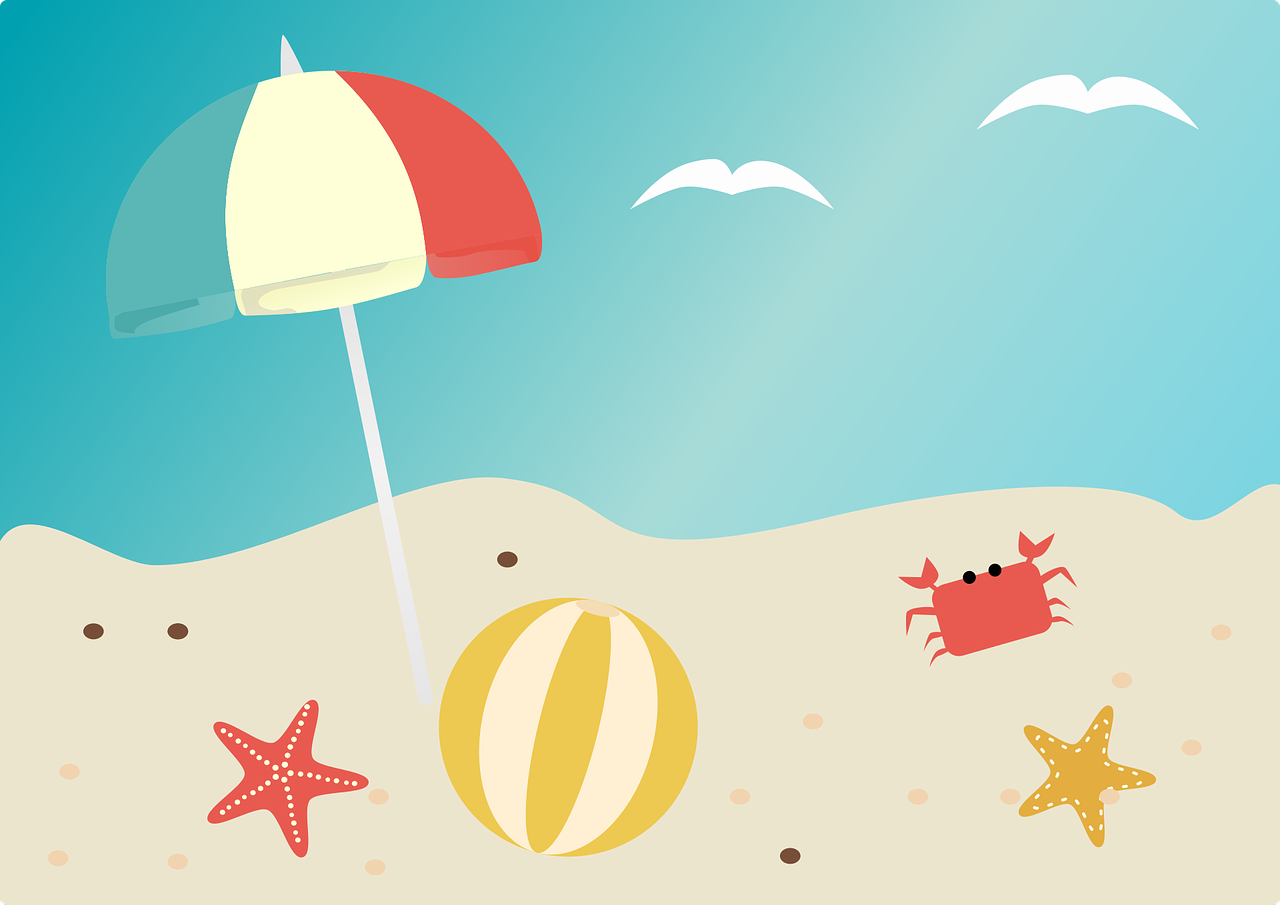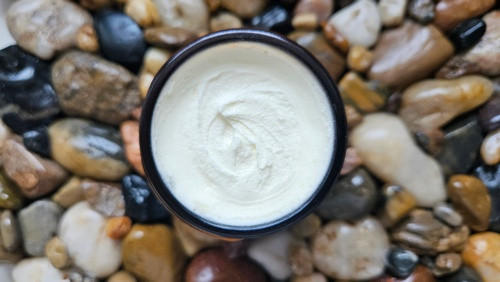What are TRUE Pasture Raised Eggs?
posted on
October 30, 2019
A portable henhouse (egg mobile) follows the cattle in their rotation. This egg mobile is moved daily to fresh pasture where the hens free range eating bugs, grubs, and grasses while sanitizing the pasture by scratching through cattle droppings just like the birds in nature that follow the herbivores as biological cleansers.
Our laying hens spend their lives out on green grass scratching, pecking, eating vegetation and bugs, and as Joel Salatin would say “expressing their chickenness”. They are offered a combination of grains we have grown organically on the farm, GMO-free and Organic chicken feed and kitchen scrapes.
What has become popular is to build a barn in the middle of a pasture and then open up the doors and let the birds move outside. The reality is the birds are only going to graze so far from their main structure. The grass disappears pretty quickly and your left with bare dirt void of bugs and critters and you miss out on the benefits of a true pasture raised egg. This is the difference between "True Pasture Raised Eggs" and "Pasture Raised Eggs". The key point is the birds are moved to new pasture daily.

Watch a video of our True Pasture Raised Hens
Health Benefits
Remember that a healthy egg can only come from a healthy hen. When hens are free to move through fresh pasture, eating grasses and
foraging for bugs and grubs, all those awesome nutrients accumulate in the egg.
A nutrient density test done on Joel Salatin’s Polyface Farm (a farm with the same management style that we practice) highlighted just how nutrient dense pasture raised eggs are. They had:
21 X MORE OMEGA
37 X MORE VITAMIN E
1.5 X MORE VITAMIN A
7.5 X MORE BETA CAROTENE
217 X MORE FOLATE
30% LESS CHOLESTEROL
25X LESS SATURATED FAT
Compared to the USDA standard egg.
Don't be fooled by deceptive egg labels like "Free-Range Organic"-these hens are still living inside a big barn packed full of 20,000+ birds. As long as they're given "access" to the outdoors they are considered "free-range". The Organic label only means that the hen was fed an organic feed — but that’s about all it’s good for.
Protective Bloom
All eggs come out with a natural protective coating called a “bloom”. The bloom seals the pores of the eggshell and protects the egg from harmful bacteria and moisture loss. If your eggs have dirt or grass on them, no need to worry as the egg is safely sealed with the protective bloom. You only need to wash them just before you eat them.
In Ontario all eggs must be graded and washed to be sold off farm. But here's the thing, washing eggs strips them of their natural protective barrier long before they're ready to be eaten. Not only are these eggs washed, but they're often bleached (eggs are porous without their bloom so this is concerning). This is done so the consumer can take home a very pretty egg that’s more susceptible to salmonella and other pathogens. Some eggs are re-coated with mineral oil or wax in an effort to replicate the bloom but really when has a man-made intervention ever worked as well as the real deal?
Why is it difficult to find true pasture raised eggs? Check out our Blog Post: Policy Makers are Holding us Back




